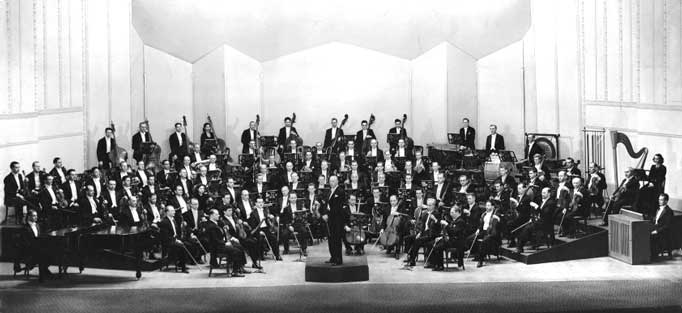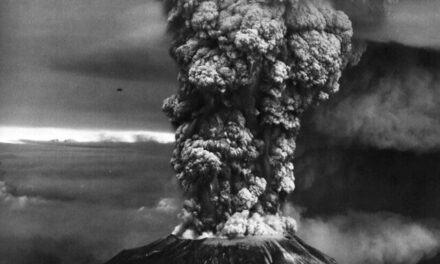CLEVELAND HISTORY
Opening of the Cleveland Union Terminal (December 23, 1930): This remains accurate as a major milestone in Cleveland’s transportation and architectural history, marking the opening of a key landmark that includes the Terminal Tower.
Return of the Balto sled dog to Cleveland (December 24, 1925): Balto, the famous sled dog, was brought to Cleveland after his heroic efforts in the 1925 serum run to Nome. His arrival in the city was celebrated, and he lived out his days at the Cleveland Zoo, becoming a beloved figure.
First Broadcasting of the City Club of Cleveland’s Friday Forum (December 25, 1981): The City Club of Cleveland began broadcasting its influential Friday Forum on public television on this date, enhancing civic engagement and bringing local and national speakers to a broader audience. These forums have been pivotal in promoting free speech and public discussion in Cleveland.
First Public Lighting of the Christmas Tree in Public Square (December 26, 1913): This event marked the beginning of a longstanding tradition in Cleveland, where the public gathering and lighting ceremony brought the community together during the holiday season, fostering a sense of community and celebration.
“Jazz Day” celebration by the Tri-C JazzFest (December 29, 2009): This event celebrated Cleveland’s rich jazz heritage, featuring performances by local and national artists, and has been part of the city’s cultural fabric, promoting jazz music and education.
WORLD HSTORY
George Washington Resigns as Commander-in-Chief (December 23, 1783): In a profoundly symbolic act of civic virtue, George Washington resigned his commission as commander-in-chief of the Continental Army before the Continental Congress in Annapolis, Maryland. This resignation underscored Washington’s commitment to American republicanism and set a precedent for the peaceful transfer of power, reinforcing the separation between military and civilian rule in the fledgling United States.
Treaty of Ghent Signed (December 24, 1814): The Treaty of Ghent was signed by British and American representatives in Ghent, Belgium, effectively ending the War of 1812. Although the treaty primarily restored territories and boundaries to their pre-war conditions without addressing the maritime issues that had sparked the conflict, it marked the beginning of a lasting peace between the United States and Britain, paving the way for improved diplomatic relations.
Dissolution of the Soviet Union (December 25, 1991): On Christmas Day, Mikhail Gorbachev resigned as president of the Soviet Union, signaling the official dissolution of the USSR. This monumental event marked the end of the Cold War and led to significant geopolitical shifts, with 15 republics of the former Soviet Union declaring independence and beginning the transition to market economies and democratic governance.
Indian Ocean Tsunami (December 26, 2004): Triggered by one of the largest undersea earthquakes ever recorded, the Indian Ocean tsunami resulted in catastrophic destruction across several countries, including Indonesia, Sri Lanka, India, and Thailand. The disaster prompted a massive international humanitarian response and led to changes in global policies on disaster preparedness and early warning systems.
Wounded Knee Massacre (December 29, 1890): This tragic event occurred at Wounded Knee Creek on the Pine Ridge Indian Reservation in South Dakota, where U.S. Army troops killed approximately 300 Lakota Sioux, including men, women, and children. The massacre marked one of the last major confrontations of the American Indian Wars and is remembered as a symbol of the harsh policies and injustices endured by Native Americans during the westward expansion of the United States.







